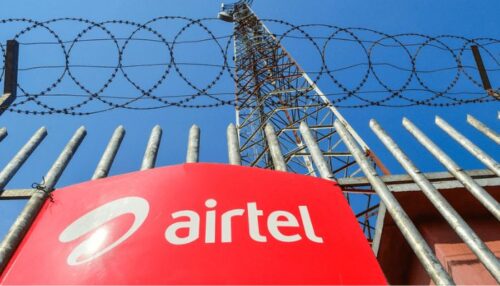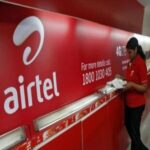
Airtel Nigeria has followed in the footsteps of MTN Nigeria by increasing the prices of call and internet services by 50%, just a week after MTN adjusted its pricing. The hike is part of a broader tariff review approved by the Nigerian Communications Commission (NCC), aimed at ensuring telecom operators can continue to invest in infrastructure and innovation.
New Data Plan Pricing Structure
With the implementation of the new pricing model, Airtel has discontinued its lowest-cost monthly data plan of 1.2GB for ₦1,000, replacing it with 2GB for ₦1,500. Other notable adjustments include:
- 3GB for ₦2,000 (previously 1.5GB for ₦1,200)
- 4GB for ₦2,500 (formerly 3GB for ₦1,500)
- 8GB for ₦3,000 (previously 4.5GB for ₦2,000)
- 10GB for ₦4,000 (formerly 6GB for ₦2,500)
- 13GB for ₦5,000 (previously 10GB for ₦3,000)
- 18GB for ₦6,000 (formerly 15GB for ₦4,000)
- 25GB for ₦8,000 (replacing 18GB for ₦5,000)
Despite these increases, some data plans remain unchanged. For instance, the weekly 5GB plan for ₦1,500 has not been adjusted.
Call Tariffs Also Affected
Apart from data plans, call rates have been revised as well. The cost per second has risen from 18 kobo to 25 kobo, reflecting a similar adjustment made by MTN Nigeria.
Why the Tariff Hike?
Airtel, alongside other telecom providers, has defended the new rates, emphasizing that the adjustments are necessary for sustaining network investments. According to industry insiders, the increased pricing will help improve:
- Network coverage and quality
- Customer service delivery
- Investment in new technologies
The changes, according to operators, will ultimately benefit consumers by ensuring a more reliable and expansive network.
Impact on Consumers
While telecom companies argue that the tariff adjustments are essential for long-term service improvements, economic analysts have raised concerns about the financial burden on consumers.
Bismarck Rewane, CEO of Financial Derivatives Company, has cautioned that while operators will benefit, the price increase could lead to reduced data and call usage among customers, as disposable incomes remain under pressure.
With the cost of living already high, this adjustment could further strain consumers’ budgets, making mobile data and calls less affordable for many.
Conclusion: Balancing Growth with Affordability
The recent changes in Airtel’s data and call pricing reflect an industry-wide trend geared towards sustaining business operations and improving network performance. However, for many consumers, the price hike may necessitate adjustments in mobile data usage habits.
As telecom providers seek to expand and enhance services, striking a balance between business sustainability and affordability for users remains a key challenge.


